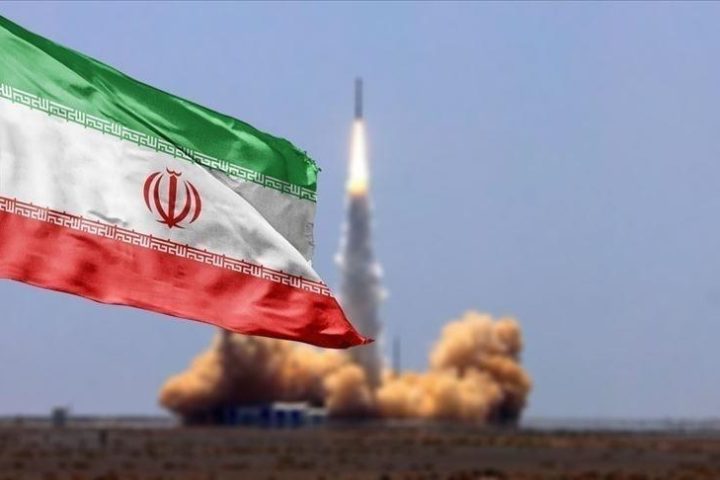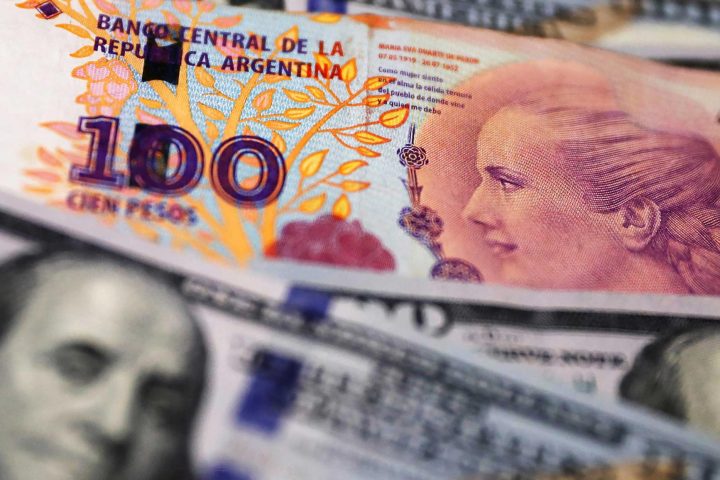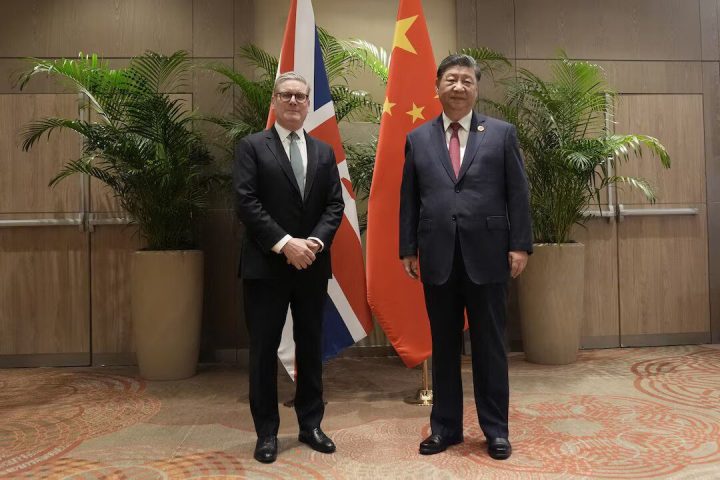Taiwan’s opposition KMT party has elected Chen Liwen, who opposes rising defense spending and vows to make peace with China.
Taiwan elects new KMT leader, who favors peace with China
Taiwan’s main opposition party, the Kuomintang (KMT), has elected a new leader, Chen Liwen, who opposes rising defense spending but has pledged to strengthen peaceful relations with China.
The former lawmaker, Chen Liwen, 55, will officially take office on November 1, defeating former Taipei Mayor Hao Longbin, a member of the party establishment. She won just over 50 percent of the vote, although turnout was less than 40 percent of party members.
Peace instead of weapons
During a speech at the party headquarters in Taipei, Chen declared that the KMT would become a “regional peacemaker.”
“We will make our home the strongest refuge for everyone. Because we are the ones who will guarantee peace in the Taiwan Strait,” she said.
During the election campaign, Chen opposed the increase in defense spending, an initiative of the current President Lai Qingde, which is actively supported by the United States.
Political context and tensions with China
The new party elections are taking place against the backdrop of increased military activity by China, which considers Taiwan its territory. The island’s government categorically rejects these claims, insisting on democratic sovereignty.
Although the KMT lost the 2024 presidential election, together with the allied Taiwan People’s Party (TPP), it now controls a majority in parliament, making it difficult for the Democratic Progressive Party to push through legislation.
The Shadow of the “Red Label”
The campaign has been overshadowed by allegations of Chinese interference. A Hao supporter and the KMT vice presidential candidate last year, Zhao Shaokong, said that disinformation against Hao was being spread on social media.
Beijing has responded with restraint, saying it is an internal KMT matter. After her victory, Chen called her opponents’ attempts to “red label” everyone a cheap political ploy.
What’s next
Taiwan will hold local elections in 2026, which will be a key indicator of party support ahead of the 2028 presidential election.
Analysts say Chen’s victory could signal a return to moderate dialogue with China, although her stance against the defense buildup could strain relations with the United States.
“Chen seeks to show that peace is possible without concessions in sovereignty — but such a strategy will require her to be extremely cautious,” commented political scientist Wu Mingjiang.
Related: China is increasing military activity around Taiwan, preparing for a surprise attack












